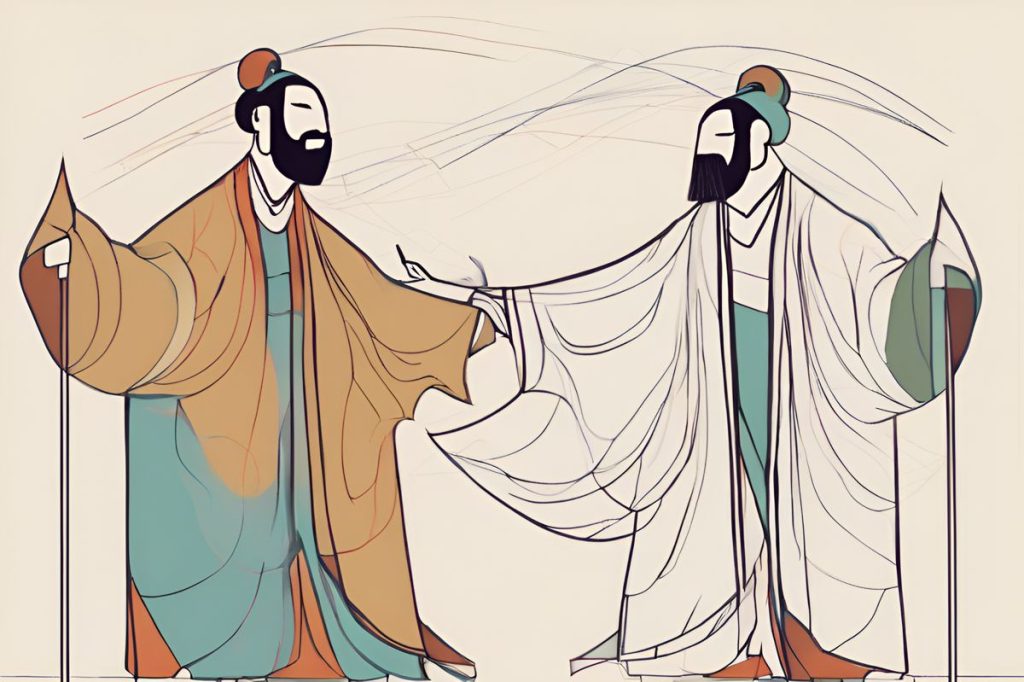Opera serves as a universal art form that transcends cultural barriers, uniting regions like China and Cyprus through emotive performances. From the revival of Tibetan opera in Xizang to the Aphrodite Festival in Cyprus, opera blends tradition with innovation to enrich global cultural landscapes.
How does opera bridge cultural differences?
Opera serves as a universal art form that transcodes cultural barriers by uniting distinct cultures through its emotive and grandeur performances. Regions like China and Cyprus, despite their varied histories with opera, have adopted it as a symbol of cultural expression, unity, and economic growth, blending tradition with innovation to enrich global cultural landscapes.
A Universal Artform Unites Distinct Cultures
Opera, with its grandeur and emotive power, transcends geographical boundaries to bring people together. From the Mediterranean island of Cyprus to the mountainous landscapes of China, opera has become a symbol of cultural expression and unity for two disparate regions with burgeoning interests in the artform.
While China boasts a long-standing history with opera, particularly the centuries-old Tibetan opera, Cyprus has also begun to carve out a significant place for itself in the operatic world. The Paphos Aphrodite Festival in Cyprus has become a cultural landmark, drawing audiences and performers internationally for over two decades.
The Renaissance of Tibetan Opera
In China’s Xizang, the Tibetan opera, known for its unique blend of singing, acting, dancing, and literary narratives, has experienced a revival. Young Tibetans, like 13-year-old Tenzin Donden, dedicate their weekends to mastering this form of art, which has been a part of their heritage for over 600 years. Recognized by UNESCO as an Intangible Cultural Heritage of Humanity in 2009, Tibetan opera is not only a link to the past but also a thriving part of contemporary culture.
The support for Tibetan opera extends beyond cultural preservation, with more than 150 part-time opera troupies breathing life into this ancient tradition. It also fuels economic growth, as seen in Tashi Chodan, where the community’s engagement with opera has attracted tourists and generated significant revenue.
Opera’s Role in Cyprus’ Cultural Tapestry
The island of Cyprus, while not having as extensive a history with opera as China, has embraced the artform with open arms. The Aphrodite Festival, featuring shows from overseas companies, has been instrumental in integrating Cypriot artists into global opera productions. This festival not only showcases international talent but also provides a platform for local artists to shine in chorus and secondary roles.
Opera in Cyprus serves as a magnet for tourism and a beacon of high-caliber cultural exposure for its citizens. The former artistic director of the Aphrodite Festival, Ayis Ioannides, emphasizes the importance of providing opportunities for Cypriot singers, many of whom train and work abroad, to perform in their homeland. There is a growing conversation about establishing a professional opera organization in Cyprus to nurture and leverage the island’s operatic talent.
Uniting Through Tradition and Innovation
Both China and Cyprus demonstrate the powerful role opera plays in bridging cultural differences and fostering economic growth. In Xizang, the integration of Tibetan opera with tourism initiatives symbolizes innovation in cultural preservation. Similarly, Cyprus’s Aphrodite Festival has strategically positioned opera at the intersection of culture and tourism, attracting a diverse audience to the island.
These regions exemplify how nurturing traditional art forms can lead to vibrant, cross-cultural exchanges that enrich not only local communities but also the global cultural landscape. Opera, with its universal appeal, continues to unite and inspire, proving that art knows no boundaries.
How does opera bridge cultural differences?
Opera serves as a universal art form that transcends cultural barriers by uniting distinct cultures through its emotive and grandeur performances. Regions like China and Cyprus, despite their varied histories with opera, have adopted it as a symbol of cultural expression, unity, and economic growth, blending tradition with innovation to enrich global cultural landscapes.
What role does Tibetan opera play in China’s cultural landscape?
Tibetan opera, with its unique blend of singing, acting, dancing, and literary narratives, has experienced a revival in China’s Xizang region. Recognized by UNESCO as an Intangible Cultural Heritage of Humanity, this art form not only preserves cultural traditions but also contributes to economic growth through tourism and community engagement.
How has the Aphrodite Festival impacted opera in Cyprus?
The Aphrodite Festival in Cyprus has become a cultural landmark, showcasing international talent while providing a platform for local artists to shine in chorus and secondary roles. This festival not only attracts tourists but also nurtures Cypriot operatic talent, sparking conversations about establishing a professional opera organization on the island.
What is the significance of opera in uniting cultures through tradition and innovation?
Opera plays a powerful role in bridging cultural gaps and fostering economic growth, as seen in regions like China and Cyprus. By integrating tradition with innovation, opera not only preserves heritage but also attracts diverse audiences and enriches the global cultural landscape. Opera continues to unite and inspire, proving that art knows no boundaries.

